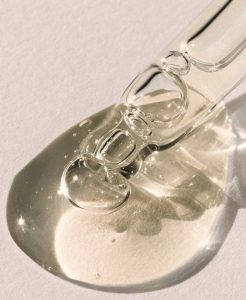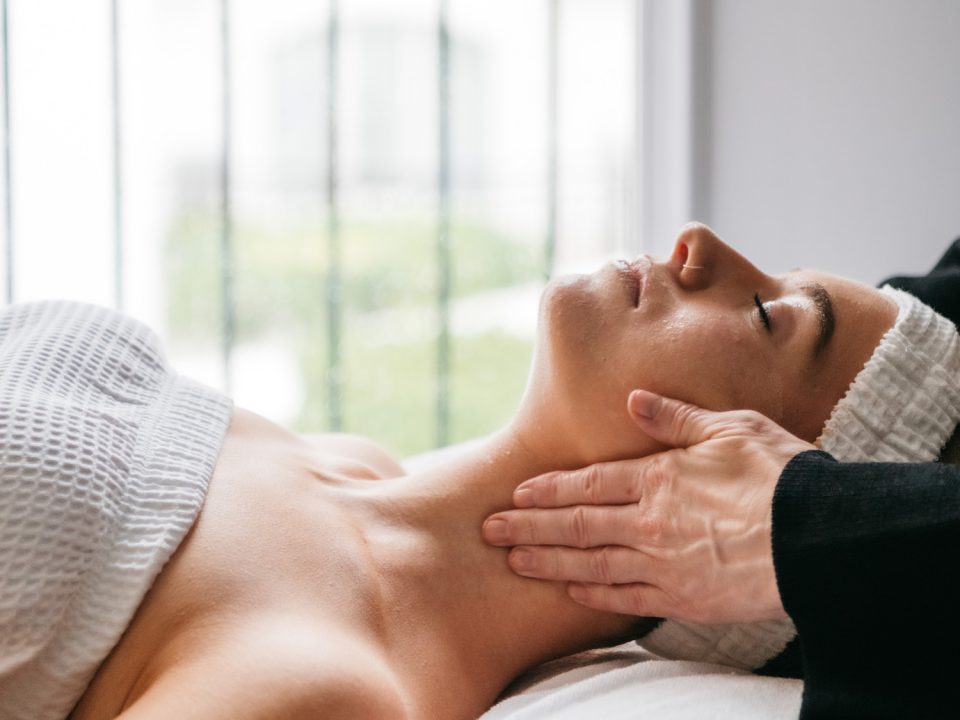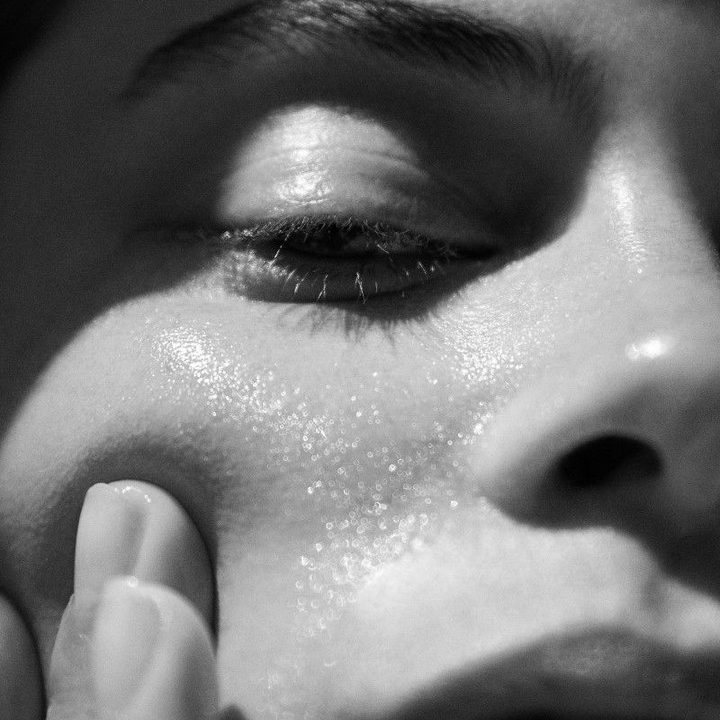Understanding Rosacea

Rosacea is a highly complex inflammatory skin condition that can range from mild to severe. There are countless serums and treatments on the market that promise the world when it comes to rosacea, that unfortunately (in most cases) overpromise and under-deliver.
Despite decades of research, there is still no clear consensus among the scientific community surrounding rosacea’s exact pathophysiology. So it’s no wonder that there remains no clear, definitive treatment pathway for those suffering rosacea symptoms. Here we explore this a little further so that you may better manage your own symptoms at home.
What is rosacea?
Rosacea is an inflammatory condition of the skin that can present a little differently in every individual. Facial redness is always, which butterflies out from the nose across the lateral cheeks, and usually down to the jawline. Some, but not all, experience redness around the nasal folds and chin. Some present with Fluid-filled pustules, some do not, instead experiencing textural concerns like roughness and bumpiness but without fluid. The exact cause of rosacea remains a mystery, but some internal and external factors are thought to exacerbate symptoms. Some of these triggers can include spicy food, alcohol, heat, and exercise.

How does diet impact rosacea?
It should be noted that triggers are not consistent across all sufferers, and every rosacea case can respond differently. There are some wives-tales and misconceptions around foods that supposedly worsen rosacea, including dairy, chocolate, and caffeine. Studies have been conducted around food triggers and rosacea, and they are completely inconclusive. For example, several studies report that some of the respondents showed worsened rosacea symptoms after drinking coffee, while others actually reported improvement. So if you’re currently avoiding food or drinks because you’ve heard it may help with your rosacea, you may find some comfort in knowing it isn’t necessarily the case! You may benefit more from keeping a food journal, and paying close attention to what your individual triggers are (and aren’t!).
What about skincare?
The concern with rosacea is the persistent inflammation. We know that inflammation can lead to premature ageing, because of the excessive free radicals produced during the inflammatory cascade. This leads to oxidative stress, ie. more free radicals than there are antioxidants to neutralise them. As free radicals cause destruction to collagen, elastin, cell membranes, and lipids, this can all lead to signs of ageing such as loss of volume, wrinkles, and cell damage more quickly than we want it to. So while you may not be able to ‘cure’ your rosacea with skincare, there are some crucial ingredients to incorporate into your routine to help reduce your symptoms and stave off ageing.
Vitamin Bs – including B3 and B5, are highly effective anti-inflammatory agents which can down-regulate inflammatory mediators. These may help to reduce redness.
Soothing botanicals – those key plant extracts, tried and tested for decades for their soothing qualities, can help reduce redness and heat in the skin during rosacea flare-ups. These include chamomile and aloe vera.

Hydrators – it is essential to keep the skin well hydrated and moisturised when it is inflamed, as this state incurs damage to natural oils as well as transepidermal water loss. Drink lots of water, utilise water-attracting ingredients like hyaluronic acid, and seal it in with occlusive moisturisers and facial oils.
Zinc – well known for its ability to reduce the inflammatory cascade, this is recommended for any inflammatory skin condition both in topical form and through supplementation.
Essential fatty acids – also known for their reparative, skin-repairing qualities, and ability to restore damaged cell membranes.
Antioxidants – keep oxidative stress at bay with plenty of antioxidants, again both in topical application or dietary supplementation. Utilise what your skin can handle, perhaps this is vitamin C or perhaps a much gentler plant extract.
While it can be understandably frustrating and impact on self-confidence, until we have a better understanding of rosacea, the key focus should be management – not cure. Use these ingredients to repair and protect your skin, remember to keep it well moisturised at all costs, and always consult your skin specialised for more tailored guidance.



